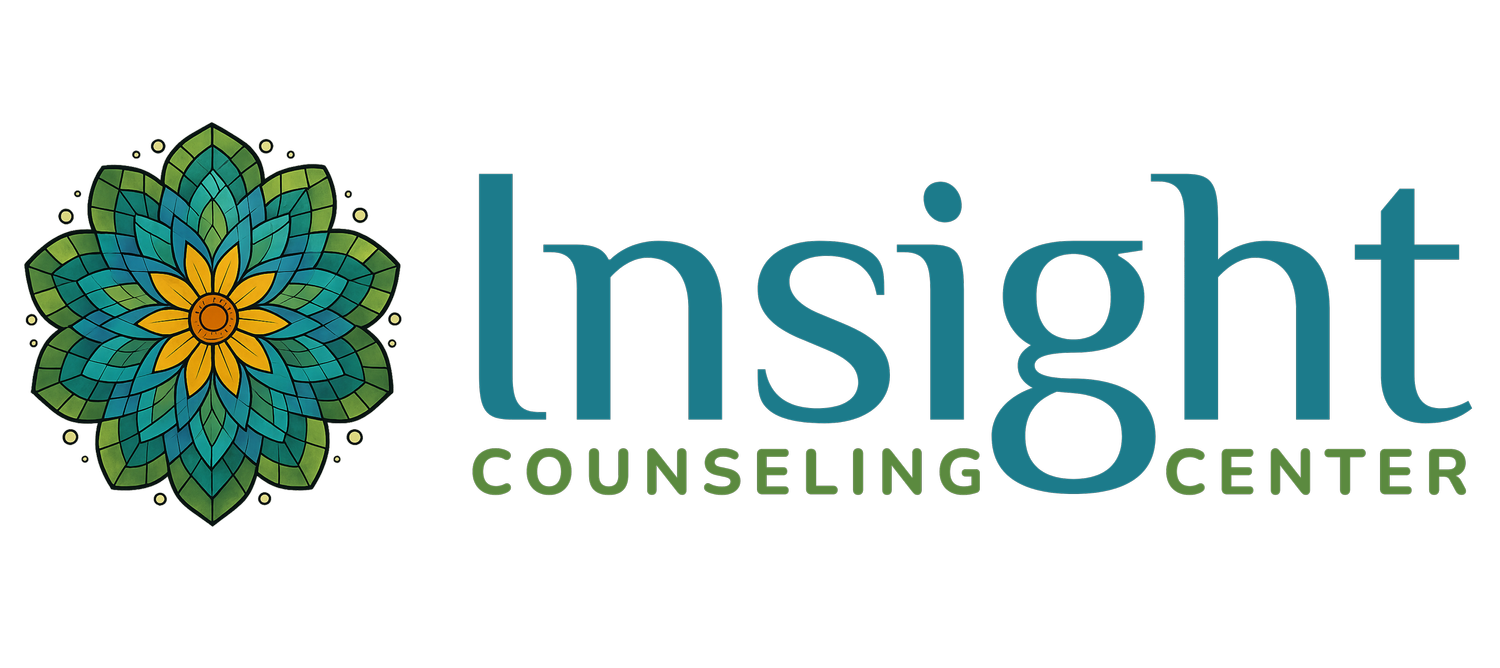
Our Approach.
How We Help.
Our therapists bring years of experience and advanced training to help you regain strength, clarity, and direction. We believe in the power of support and encourage meaningful connections to sustain healing. We walk alongside you as you build a life that aligns with your values. Using evidence-based care, we tailor therapy to your unique needs so you can build resilience and create lasting change.
-

ACT
Acceptance and Commitment Therapy (ACT) teaches people to accept their thoughts and feelings instead of fighting them. It encourages being aware of the present moment and accepting experiences, while also taking actions that match personal values. This method improves self-awareness, emotional strength, and coping, helping individuals live authentically and promoting personal growth and well-being.
-

Attachment Based Therapy
Attachment Based Therapy explores how early relationships shape emotional health and interactions. It looks at childhood attachments' influence on current thoughts, behaviors, and relationships. Clients identify their attachment styles—secure, anxious, avoidant—and work to change unhelpful behaviors. The therapist-client relationship fosters healthier connections, self-awareness, and emotional resilience.
-

CBT
Cognitive Behavioral Therapy (CBT) is a structured, time-limited approach that examines how thoughts, feelings, and behaviors interconnect. By challenging negative thoughts, individuals can change their emotional responses and behaviors. CBT effectively addresses anxiety, depression, and stress, empowering clients with practical strategies to foster resilience and personal growth.
-

EFT
Emotionally Focused Therapy (EFT) is an evidence-based method that strengthens emotional bonds and improves relationships by addressing attachment needs. It helps individuals and couples identify emotions, change negative patterns, and build secure connections. EFT is effective for couples in distress, those with attachment issues, and families seeking better communication.
-

EMDR
Eye Movement Desensitization and Reprocessing (EMDR) is a trauma therapy that uses bilateral stimulation, like eye movements or tapping, to reprocess distressing memories. It reduces emotional distress, strengthens resilience, and helps develop healthier beliefs. Many find relief from long-held pain in just a few sessions. EMDR is effective for PTSD, anxiety, grief, and other trauma-related concerns.
-

IFS
Internal Family Systems (IFS) therapy sees the mind as distinct parts with unique feelings and roles. It helps you recognize and understand these parts, fostering self-compassion and healing by balancing them. This process deepens your connection with your true Self, improving emotional regulation, reducing inner conflict, and enhancing mental well-being.
-

Mindfulness-Based Therapy
Mindfulness-Based Therapy teaches you to notice your thoughts, feelings, and body sensations without judging them. By calmly observing your experiences with openness, you can lower stress, control your emotions, and handle problems more clearly and calmly. Using mindfulness in therapy helps you become stronger, more focused, and peaceful, guiding you to live more authentically.
-

Psychodynamic Therapy
Psychodynamic therapy is a theory and method that encourages clients to explore their psyche to understand their problems, behaviors, and unconscious motivations. Rooted in psychoanalysis, it combines evidence-based techniques with insights into how the past influences the present. This approach examines early attachments, family history, personality, and current functioning.
-

Solution Focused Therapy
Solution-focused therapy is a brief approach emphasizing present solutions and future hope instead of past issues. It encourages clients to identify goals, recognize strengths, and envision outcomes. By focusing on what works and desired achievements, it empowers individuals to take actionable steps towards positive change, making it effective for quick resolutions and promoting mental well-being.
How To Get Started.
Book a free 15-minute consultation to discuss your unique personal goals and any questions you may have about our practice.
If we both feel like we’re a good match, we’ll schedule your first session and send intake forms for you to complete.
We’ll learn about you and your unique individual goals, allowing us to create a strong and meaningful connection.
“There is hope, even when your brain tells you there isn’t.”
~ John Green



